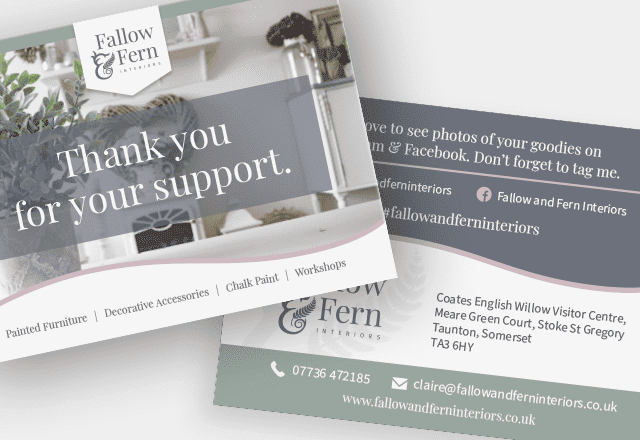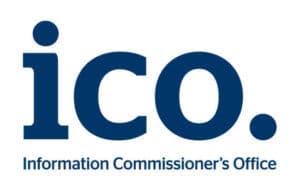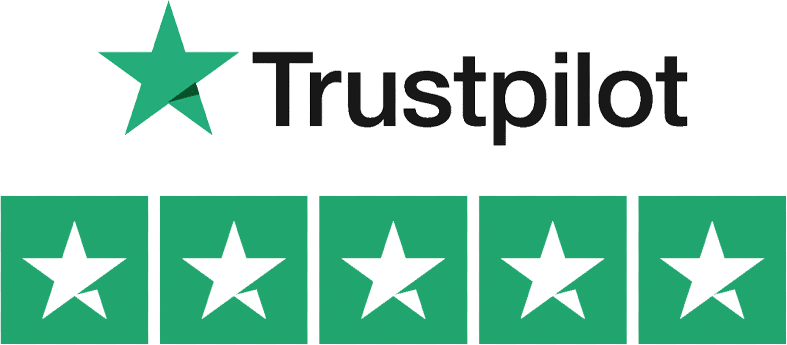Everyone wants their website to rank as highly as possible when people search for terms relevant to their business. This goes without saying. Not only does this mean we are more likely to generate more traffic, but good search engine optimisation (SEO) and pay per click (PPC) will always generate more enquiries and sales.
PPC is an advertising model that lets advertisers (you) place ads on an advertisement platform (like Google) and pay the host of the platform when your ad is clicked.
It is used to drive traffic to websites, specifically webpages that are advertising a service or product. An effective paid media campaign is all about targeting correctly, reviewing and reporting metrics, and then altering the campaign based on the monthly results, to make sure your business is getting the best out of investing in PPC. At Dexterous Designs, we work with you to understand your product, your company, your audience, and your consumer. It is important to us that we’re an effective extension of your company, and we work with you achieve your goals. We constantly review campaign metrics like, your campaign quality score, audience lists, keywords, audience location, ad copy and device conversion.
PPC gives you direct access to one of our paid search teams who will support your campaign on a daily basis, making any needed changes, and keeping you updated based on different agreed goals. Once a month, you’ll receive a metric-based report to show you the monthly results, a personalised list of reflections and recommendations for the month ahead. Our team, with your input, will always be looking for the next paid media innovation to keep you ahead of the competition and drive forward with the best possible results and value for investment.
A successful SEO strategy can result in a lot of traffic for your website. If your site ranks high in Google’s result pages, that will result in a lot of organic traffic.
Overall, organic search results have a much higher click-through rate than advertisements in Google. Organic search actually drives 53% of website traffic, while paid search drives only 27%. That might be because lots of people (25.8%) use ad blockers and don’t even see the advertisements on Google. SEO can be a lot of work; you’ll need to write effective content, do keyword research, incorporate an internal linking structure. SEO has a really high return on investment. Not only is the average conversion rate higher when it comes to SEO, but it’s also an investment that keeps paying off.
SEO is always ‘on’ and although you’ll have to update your content from time to time, you won’t have to pay to keep it in the search results. If your content is good and you’re making sure that your website is accessible and easy to use, Google will show your content in the results. SEO is a long-term strategy and it takes time, but it also is a solid and long-term, sustainable strategy. A good website, with high-quality content and brand authority, will not stop ranking. SEO is important because the people you’re trying to reach with an SEO strategy are the highest motivated people. Make sure that if people are looking to buy, if they’re searching for products you sell, that they can easily find your website. And make sure that you’re ranking with the right page! SEO has always been important, but it is getting more important. That’s because over time Google is getting smarter in understanding text, so you’ll need to have texts that are well optimised. SEO will be a bit more work than setting up an advertising campaign. It will not get you immediate results. But in the long run, it is one of the most important strategies to attract traffic to your website.
Both SEO and PPC are highly effective, independently and cohesively. For advice or more information on which one is right for you, please get in touch with us – we’d love to hear from you!


